News & Updates
-
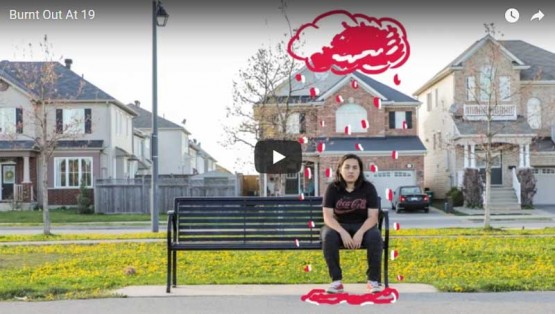
Let’s Talk about Mental Health: YouTubers and Twitch Streamers Speak Up.
Babet Halberstadt - 16-09-2018Recently, a number of YouTubers and Twitch streamers have started talking about their own mental health struggles, trying to start a conversation with their viewers about this topic. In this blog I showcase a couple of these videos in the hopes that it might encourage you to speak up as well.
-

Using video games to cope with anxiety and depression - feature by DidYouKnowGaming?
Joanneke Weerdmeester - 17-08-2018The work of our lab was recently featured in a great video by the popular Youtube channel DidYouKnowGaming? The video addresses how games can have a positive effect on players, for instance by helping them cope with anxiety, depression, pain and attention deficits.
-
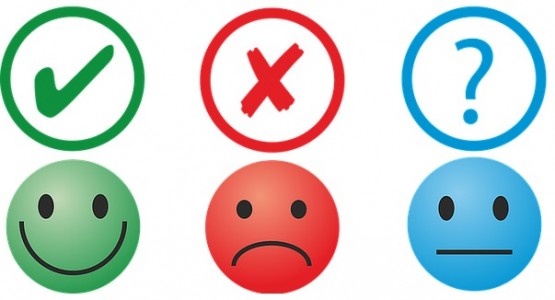
Placebo Roundup and Discussion
Aniek Wols - 28-06-2018This month’s theme is about placebo effects. Because the month is almost over, I would like to end the theme month with a discussion. Before I do so, I will briefly recap our previous blog posts.
-
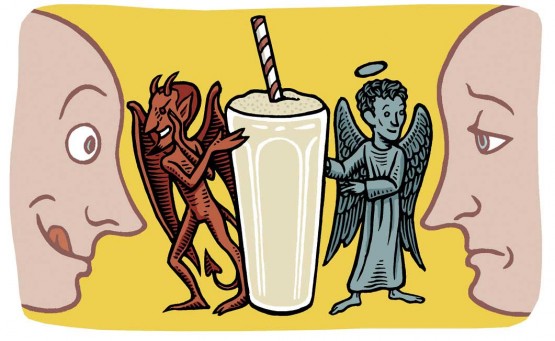
The placebo effect and our physiology
Aniek Wols - 15-06-2018Expectations and beliefs not only have an influence on self-reported improvements, but they also influence our physiology.
-

Environmental and psychosocial components of the placebo effect
Aniek Wols - 11-06-2018The placebo effect is more than just a sugar pill. The social context plays an important role in reinforcing beliefs about the treatment.
-
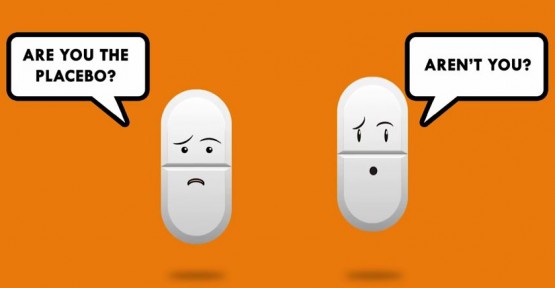
What is the placebo effect?
Joanneke Weerdmeester - 06-06-2018The placebo effect is often used to describe instances where improvements occur as a result of personal beliefs and expectations rather than active ingredients of a treatment. But what exactly does the placebo effect entail? How can it be explained? and why is it important to take into account?
-
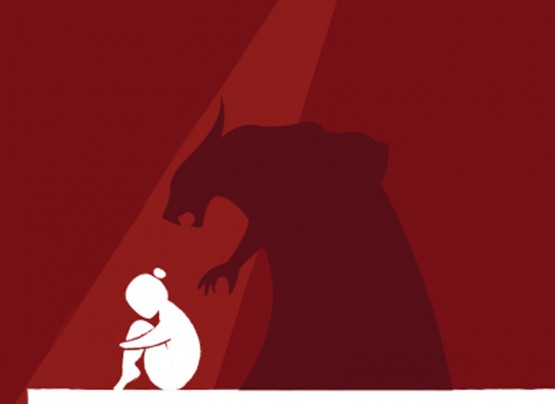
May roundup: A kaleidoscope of options for depression and anxiety
Marlou Poppelaars - 31-05-2018The month of May is almost over, which means that in the next few days we are switching over to a new topic. In case you missed any of our blogs this month, I have compiled them all here.
-

Supporting a friend in need
Anouk Tuijnman - 30-05-2018We've all had first aid classes in school, but what about classes on how to help a friend who's feeling down, stressed out or anxious? In this blog post we talk about one of our games called Moving Stories which deals with supporting a friend in need.
-
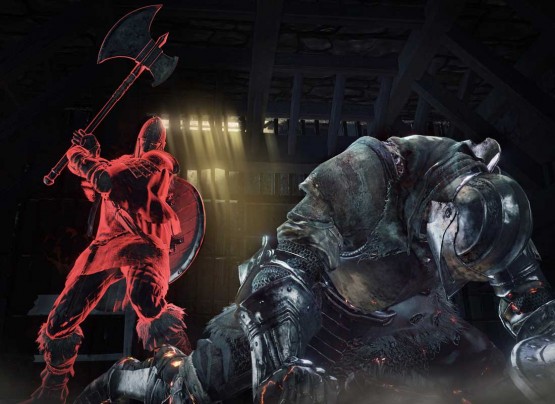
Dark Souls: A reflection of depression and a way to cope?
Marlou Poppelaars - 18-05-2018Dark Souls is a video game series often described as dark and incredibly difficult. Honestly, one of the last games I would have considered as beneficial for those dealing with depression. My first impression may very well be wrong though...
-

Relax with Monument Valley
Aniek Wols - 14-05-2018This month’s theme is about help-seeking for anxiety and depression. There are quite some people that play video games to feel better and to lower their anxiety and depressive feelings. In this blog, I would like to tell you more about Monument Valley. This game is not only one of GEMH’s favourite games, but also a game that a lot of participants in one of our studies enjoyed very much because it is so relaxing and calming.
